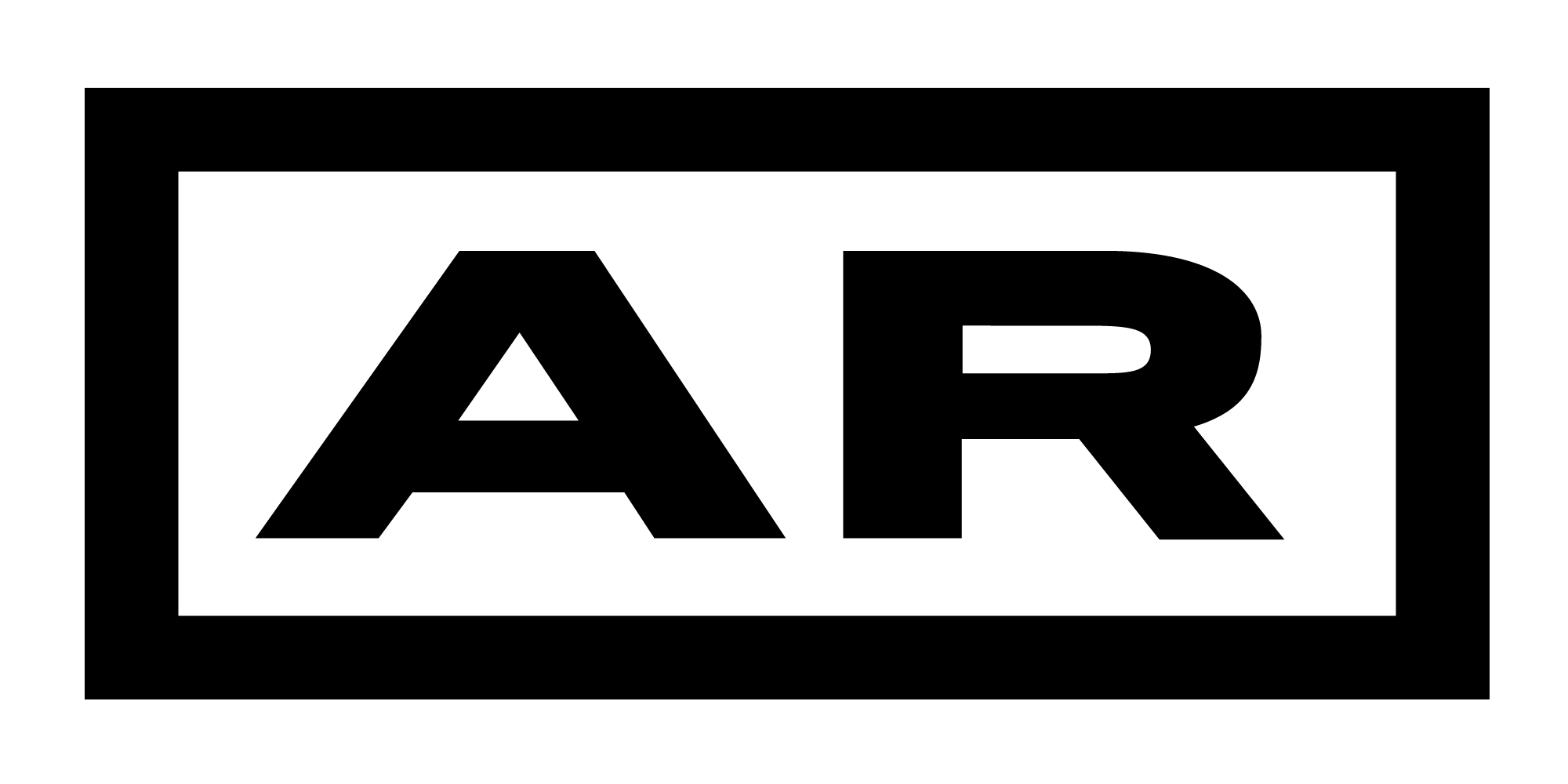 Architecture, Research
Architecture, Research
“Edification has two principal meanings—to build and to be morally uplifting… That is, edification must be ethical, entailing communication of value choices. In the present situation…the only possibility of edifying in the sense of building is to edify in the sense of ‘rendering ethical,’ that is, to encourage an ethical life: to work with recollections of traditions, with traces of the past, with expectations of meaning for the future.”
Gianni Vattimo
Confluences form the context of experience. Confluence involves the inextricable intertwining of artifacts, concepts and perceptions, with temporally and physically distant and proximate origins, which are thereby made simultaneously present in experience. Every construction—painting, building, city—is fundamentally a confluence (adding / grafting / combining / intervening / laminating / reconstituting / intertwining / interweaving / layering / integrating / translating / transforming) of new artifacts and pre-existing conceptual, spatial and material contexts. Confluence of the contemporary with the layers of the historical (one thinks of Carlo Scarpa’s laminations of ancient and local with modern and universal in his constructions in Venice); confluence of concepts of space, order and perception flowing from art and architecture (one thinks of Alvar Aalto’s engagements in his works of George Braque’s idea of “tactile space”); confluence of the familiar and the unfamiliar (one thinks of Italo Calvino’s translations of his city of Venice into all the cities of Kubla Khan’s empire); confluence of intimate and immense, private and public, domestic and urban (one thinks of Bernhard Hoesli and Colin Rowe’s employment of compositional strategies drawn from Cubist painting in urban design pedagogy); confluence of ancient and modern, time and place, near and far, abstract and concrete, timeless and of its time, personal insight and inspiration and shared inheritance and tradition—confluence as the making that allows diverse streams to flow together, their intermingled interplay shaping our experience.
The editors of AR 2019 Confluences are calling for papers that address the subject of confluences within and among conceptions and constructions of art, architecture and the city.
Robert McCarter and Robert MacLeod,
guest editors 2019
Deadline for Submissions: 30 August 2019
Each issue of AR presents a theme concerning architecture, art and relative disciplines that comingle. Varieties of interpretations are encouraged, however, relevance to the theme is important for acceptance. The editors take into consideration critical, inventive and timely content that creatively addresses the edition’s theme with a strong sense of originality. If an essay is considered for review the author will be contacted regarding further information.
By submitting an article the author or group of authors guarantees its originality and authorship. The submission confirms neither the text nor graphics have been published or submitted to another publication. All authors are accountable for their contribution. Authors shall take into account the Authors’ Rights Act (Uradni list RS, No 21/95, 9/01). In principle the ARA allows for the publication of already published graphic material for illustrative purposes, however, the source must be fully quoted. For graphical elements authors should obtain written approval from the source.
All Papers should be submitted in English. Please use The Chicago Manual of Style method of document formatting and citations.
Every reference cited in the text must be included in the reference list (and vice versa). Up to 4000 characters including spaces and not more than 20 sources. Unpublished results and personal communications are not recommended in the reference list, but may be mentioned in the text. If these references are included in the reference list, they should follow the standard reference style of the journal and should include a substitution of the publication date with either ‘Unpublished results’ or ‘Personal communication’. Citation of a reference as ‘in press’ implies that the item has been accepted for publication.
All image-based material must be approved for publication by the owner or organization legally entrusted with the content by providing proof of copyright and trademark clearances. Graphic material should be sent separately as a single file containing all images etc. Images should be 300 dpi JPG of TIFF files. Placement of images should be noted within the text body; however, AR may take the initiative to “design” each essay with respect to the edition’s overall graphic design.
All writings and images should be sent to: ar-submission@fa.uni-lj.si by midnight 30 August 2019